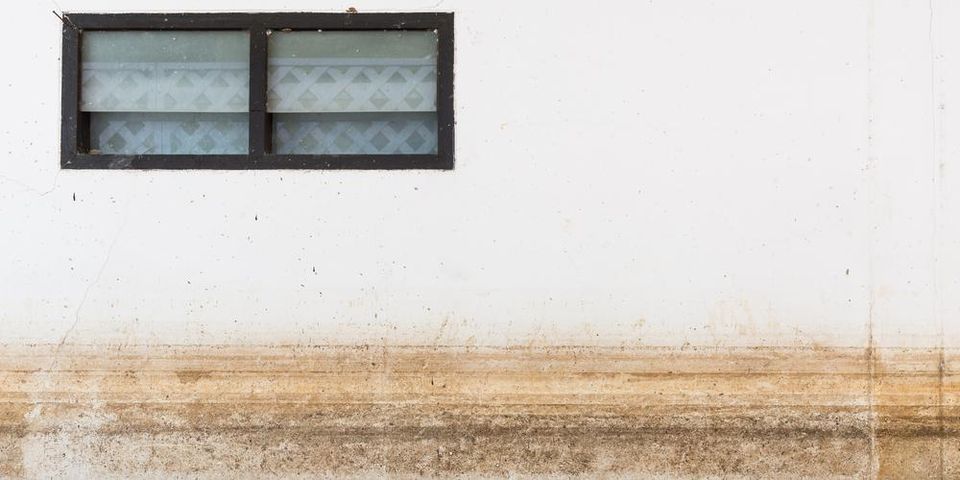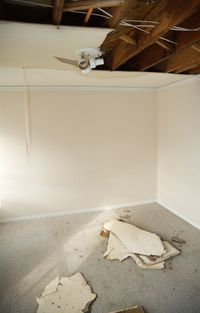Water Damage Restoration: 5 Questions Answered

Water damage can pose a serious threat to your health and to the safety of your home. But what do you do if you have standing water or water damage from a storm or a burst pipe? While you should contact a water damage contractor to inspect your home, SERVPRO of Greater St. Augustine/St. Augustine Beach answers your questions about water damage.
5 Water Damage Restoration FAQs
What can water damage do to my home?
Water damage can cause all kinds of problems in your home. Water makes drywall sag and disintegrate. Direct water contact makes wood buckle, swell and rot. Paint will peel and bubble, and carpet will delaminate. Any water damage around electrical circuits and outlets is extremely dangerous. Left untreated, water damage becomes a breeding ground for mold and mildew, creating a serious health hazard and compromising the structural integrity of your home.
Can water damage be prevented?
Storm shutters can help seal your windows and doors against water during hurricanes and major storms, but otherwise it is hard to prevent all water damage caused by natural events. Most water damage, however, comes from failed plumbing. Have your systems regularly inspected and repaired, and make sure everyone in the family knows how and where to shut off the water.
How can I check for water damage?
Check underneath sinks and around the dishwasher for any signs of leaks or damage, moving everything out of the way so you have a clear view. Inspect the base of your appliances, including the refrigerator, for any stains or signs of water damage. If the walls, cabinets, or floors are stained, soft, or warped, it’s time to call a professional to determine the extent of the water damage.
Can I clean up water damage myself?
No! Even if you are able to mop up the standing water yourself, there could be structural saturation or other problems that only a water damage contractor can identify. Mold is a major problem associated with water damage, and if the water came from a contaminated source, there could be additional harmful bacteria. A water damage contractor can safely perform water extraction and damage restoration as well as any mold remediation or biohazard cleanup that might be needed.
How does a water damage contractor dry out the saturation?
The contractor will remove the water, contain the area, and remove any materials that cannot be salvaged. Then your contractor will install industrial air movers and dehumidifiers to dry out the property and monitor moisture levels. Depending on the extent of the water damage, it could take a few days to a week to completely dry out the property.
If your property has suffered water damage, call SERVPRO of Greater St. Augustine/St. Augustine Beach to schedule an appointment, or visit their website for more information.
About the Business
Have a question? Ask the experts!
Send your question

